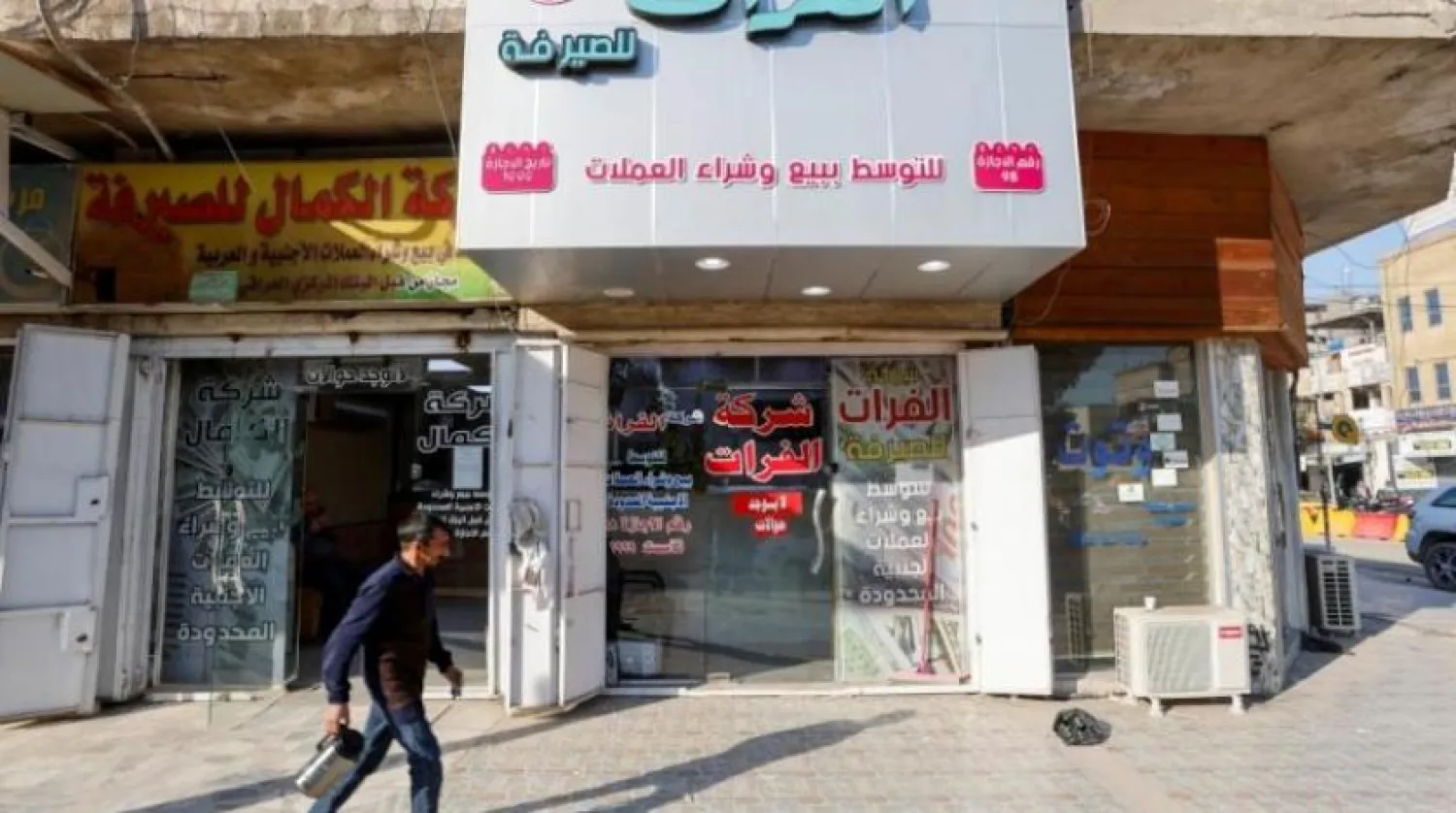The Iraqi government tried establishing a European lobby to pressure the US to ease its restrictions on dollar sales in Iraq, but Baghdad's diplomatic channels failed in those efforts, according to reliable Iraqi sources.
The sources confirmed that Prime Minister Mohammed Shia al-Sudani tried to establish a lobby during his recent visit to France and Germany last month.
Local media quoted various political sources as saying that the Iraqi government is concerned that the dollar crisis may bring the cabinet down.
Sources told Asharq Al-Awsat that Sudani chose a "weak and traditional" channel to persuade the Europeans to help pressure Washington.
A source familiar with the matter believes Sudani's small team did not include any expert in European affairs, and employees of the Iraqi embassy in Paris and an unknown businessman organized his visit to Paris.
Last Friday, the French presidency said President Emmanuel Macron met Sudani and concluded strategic agreements to boost economic cooperation between Iraq and France.
According to the sources, Sudani's European attempts reflect an Iraqi understanding of the US position, which is determined to restrict the dollar's movement to prevent smuggling.
The sources confirmed that Washington received compelling evidence that Iran traded during the past two weeks in dollars that Iraq recently received from the US Treasury.
They indicated that the US officials consider Baghdad indifferent to the recent warnings to Iraqi financial institutions.
Sources told Asharq Al-Awsat that the Iraqi government received advice from a small team of experts that Sudani should travel to Washington at the head of a high-level financial delegation to negotiate postponing the application of US restrictions on dollar sales in exchange for a pledge to carry out quick reforms to prevent dollar smuggling.
However, the sources ultimately ruled out the success of these negotiations because Washington is now waiting for commitments it has heard for years without results.









